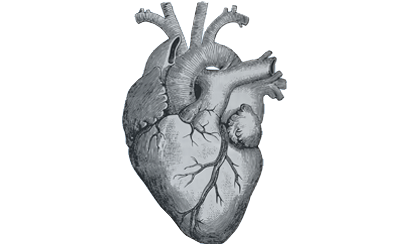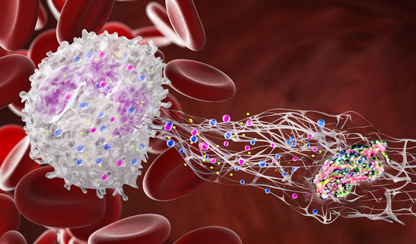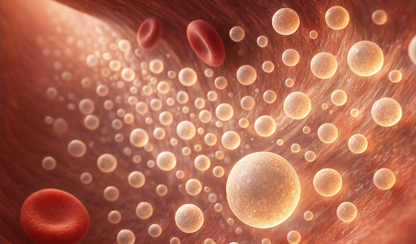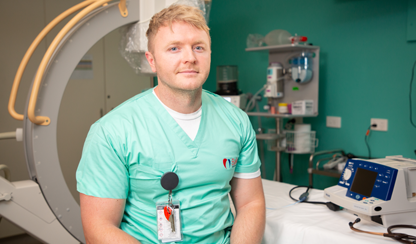08 March 2023
Media release

It is one of the most challenging and critical issues in cardiovascular disease (CVD) treatment - how best to direct health resources to identify and treat those people at risk of a heart attack or stroke who don’t have CVD symptoms or traditional risk factors?
In a new study published in the Medical Journal of Australia (MJA), cardiologists are calling for CVD prevention guidelines for people at low to immediate CVD risk to be revised to include coronary artery calcium scoring in assessing for eligibility of statin treatment.
The cardiologists behind this study say statin thresholds in Australian cardiovascular disease prevention guidelines are more restrictive than overseas, that we have tools we can use to stratify risk more precisely, and that we need to consider removing treatment barriers such as cost and access to coronary artery calcium scans.
They say current tools for identifying who is at risk of CVD including traditional risk factors such as high cholesterol and high blood pressure are too blunt and that this study highlights coronary artery calcium scoring could be more cost-effective for reclassifying people at low to immediate CVD risk rather than simply lowering treatment eligibility thresholds.
A cardiac CT is a non-invasive scan that can identify coronary artery calcification, which is a sign of how much plaque is in your arteries. This puts you at a higher risk for cardiovascular issues.
The study aimed to compare the cost-effectiveness of coronary artery calcium score-guided statin therapy criteria with American College of Cardiology/ American Heart Association guidelines and the current Australian guidelines by examining more than 1000 people with family histories of premature coronary artery disease but no CVD symptoms.
Applying the current Australian CVD risk guidelines, it found 77 people were eligible for statin therapy, so just 7.1%. Using the 5-year absolute cardiovascular risk guidelines and a coronary artery calcium score of greater than 0 as the criteria, 496 or 46% would be eligible for statin therapy. When modelling was undertaken to understand the impact of cost if coronary calcium scoring was introduced to guide statin treatment, it showed this approach was cost effective for people with 5-year absolute cardiovascular risk and coronary calcium scores of 100 or more.
This study was also supported by an independent editorial in the MJA which said the results confirmed a growing body of literature pointing to the cost-effectiveness of a coronary artery calcium-statin guided therapy.
Cardiologist and lead researcher of the study, Professor Tom Marwick said: “We need to get better at identifying seemingly healthy people who don’t have CVD symptoms and sit under the radar but are at risk of a heart attack or stroke and may otherwise be missed if we rely on current Australian risk guidelines,” Professor Marwick said.
“In trying to advance risk guidelines, cost is obviously a significant issue. That’s why we undertook this study to show where health dollars could best be spent,” Professor Marwick said.
“That means identifying disease early, preventing major CVD events like a heart attack or stroke and hospitalisation,” he said.
“A coronary artery calcium scan can identify subclinical atherosclerosis, so early disease or blockage of the arteries before it progresses to a significant cardiovascular event.”
“Given the ability to stratify risk in a cost-effective way, we need to consider incorporating non-traditional risk factors and refining the Australian criteria for statin treatment.”
Cardiovascular disease is the leading cause of death globally. Data from the Australian Institute of Health and Welfare shows CVD was the underlying cause of 25% of all deaths in 2019.
“We need to do much better when it comes to identifying and preventing heart disease before it strikes and this study shows we can look to enhance our approach to prevention,” Professor Marwick said.
“This study supports revision of Australia’s cardiovascular disease risk guidelines and consideration of lower cost and wider access for coronary artery calcium scans as one way to do that.”
For further information or to organise interviews please contact:
Tracey Ellis
T: 03 8532 1514
M: 0433 781 972
E: tracey.ellis@baker.edu.au





